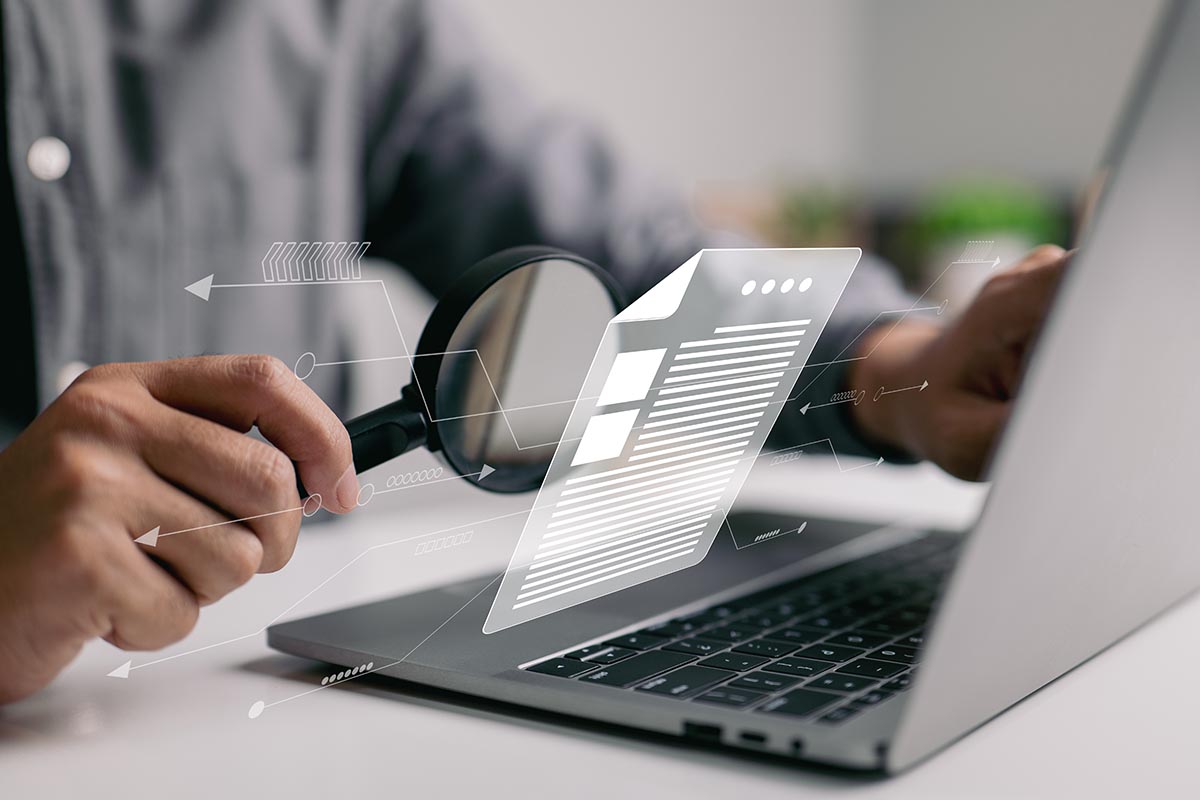In personal injury cases, gathering evidence is crucial to establishing liability and obtaining fair compensation for the injured party. While medical records and eyewitness testimonies are often emphasized, one valuable yet often overlooked source of evidence is business records.
These records can significantly strengthen a case in Alabama, where personal injury laws can be complex due to jurisdictional variance. The following sections will explore the significance of business records leveraged by personal injury lawyers to develop a solid case for their clients in court.
Before delving into the role of business records, it’s essential to understand how injury cases play out in court. Personal injury law covers many incidents, including car accidents, slips, falls, medical malpractice, etc. The injured party must prove that the defendant’s negligence caused their injuries. Establishing liability can be challenging, which is why comprehensive evidence is crucial.
How Business Records Can Help Personal Injury Case: The Role of Business Records
Business records can provide valuable evidence in personal injury cases, shedding light on various aspects that can strengthen a plaintiff’s claim. Let’s explore some specific areas where business records can make a difference:
Surveillance Footage
Many businesses, mainly retail, hospitality, and security sectors, maintain surveillance systems. These records can capture the accident as it happens, providing irrefutable evidence of what occurred. In Alabama, where comparative fault is a factor in personal injury cases, clear video footage can be instrumental in establishing liability.
Incident Reports
When an accident or injury occurs on business premises, it is common practice for businesses to document the incident and create a report. These statements often contain essential details such as the incident’s date, location, nature, and witness statements. Obtaining these reports can help establish a timeline of events and corroborate the injured party’s version of the incident.
Maintenance and Safety Logs
Businesses are responsible for maintaining safe premises for their patrons. Detailed records documenting regular maintenance activities, repairs, inspections, and safety protocols can be powerful evidence. For example, suppose a slip and fall accident occurs due to a hazardous condition, such as a wet floor. In that case, maintenance logs can reveal whether the business followed proper protocols to address the issue promptly.
Statutory Requirements and Admissibility of Business Records
Specific statutory requirements and rules govern the admissibility of business records as evidence. Understanding these regulations is crucial to ensure the effectiveness of using business records in a personal injury case. Here are a few key points:
Authentication and Foundation
To establish the authenticity and reliability of business records, the party offering them as evidence must lay a foundation. This typically involves providing testimony from a custodian of records or an expert witness who can authenticate the records and testify to their accuracy.
Hearsay Exception
Business records fall under the hearsay exception known as the “business records exception.” This exception allows the admission of records made in the regular course of business if they were created at or near the time of the event by a person with knowledge and kept in the ordinary course of business.
Notice Requirement
In Alabama, providing reasonable notice to the opposing party about the intention to introduce business records as evidence is essential. This allows the opposing party to review the records and potentially object to their admissibility.
Examples of Business Records in Personal Injury Cases
To illustrate the practical application of business records in personal injury cases, here are a few examples that demonstrate their significance:
Car Accidents
In car accident cases, rideshare companies, trucking companies, or commercial vehicle operators may have vehicle maintenance records, driver logs, or GPS data that can provide crucial evidence of negligence or reckless driving.
Slip and Fall Accidents
When a slip-and-fall accident occurs in a business establishment, records such as incident reports, surveillance footage, maintenance logs, and safety inspection reports can help establish liability. These records demonstrate if the business was aware of the hazardous condition and failed to take appropriate action.
Product Liability
In product liability cases, business records can be instrumental in establishing the chain of distribution, product defect, and the manufacturer’s knowledge of potential risks. Records such as invoices, shipping logs, quality control reports, and customer complaints can provide valuable evidence.
How business records can help personal injury cases: conclusion
In personal injury cases, leveraging business records as evidence can significantly strengthen a plaintiff’s case. Where personal injury laws are nuanced, obtaining and utilizing business records effectively can make a substantial difference in establishing liability and securing fair compensation. Legal experts and local business owners should recognize the importance of preserving and obtaining these records to protect their interests and ensure a just outcome.
Remember, seeking legal advice from an experienced personal injury attorney is crucial when handling personal injury cases, as they can provide tailored guidance and navigate the intricacies of the legal system effectively.




















